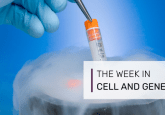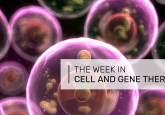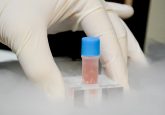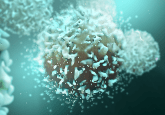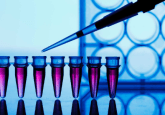CAR-T cell monitoring by droplet digital PCR
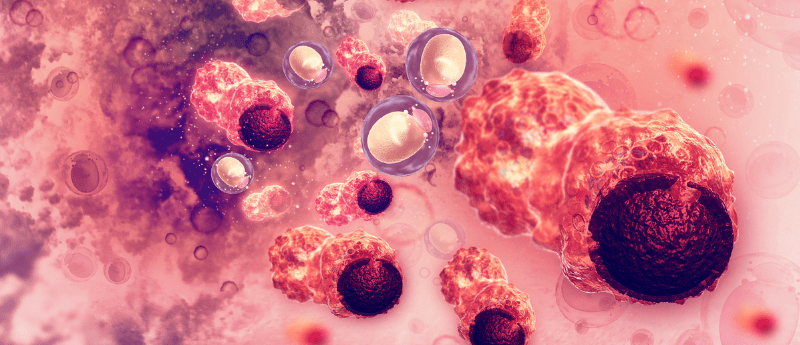
The growth of cell therapy around the world means accurate and reliable methods of quantifying dose and circulating cell volume are crucial for ensuring safety and effectiveness. Quantitative PCR (qPCR) involves amplified the DNA in a sample to a level that is detectable then quantifying the DNA based on a standard curve. It is one of the most common quantitation methods used in laboratories today but the sensitivity to operator error and the reliance on the quality of the standard curve mean that some researchers are looking for alternatives.
Droplet digital PCR (ddPCR) partitions each PCR reaction to amplify the DNA into thousands of individual droplets, which are individually counted as positive or negative to directly quantify the sample without a standard curve. ddPCR was recently used to precisely quantitate CD19 CAR-T cells from patients treated with Axicabtagene ciloleucel (Axi-cel), an autologous anti-CD19 CAR T-cell therapy approved by the US FDA 10/18/2017, for the treatment of adults with relapsed or refractory (r/r) large B-cell lymphoma (DLBCL), amongst other indications [1].
Find out more about ddPCR, including in-vivo monitoring of CAR-T cells using sensitive ddPCR and how you can count modified cells with the ddPCR whole cell DNA workflow, on Bio-Rad.com.
